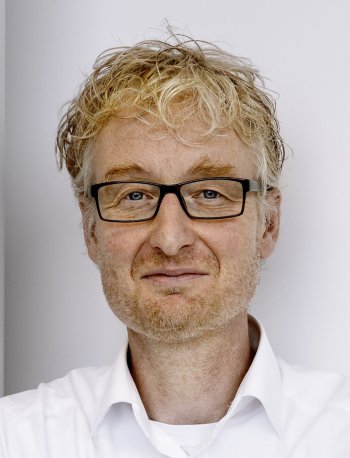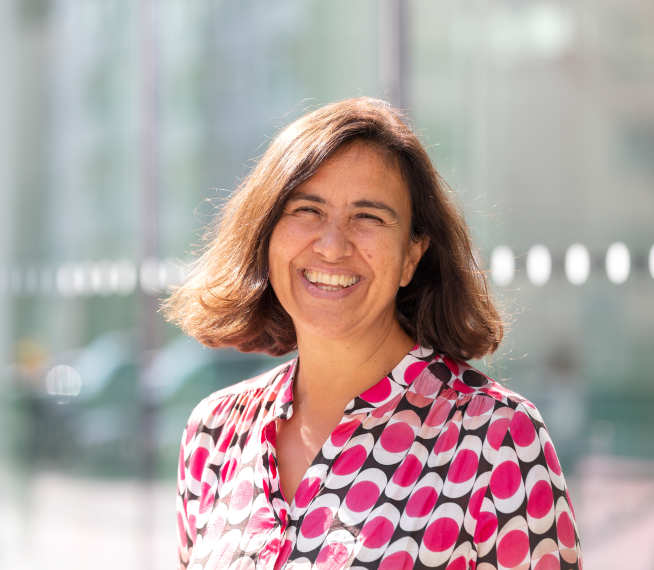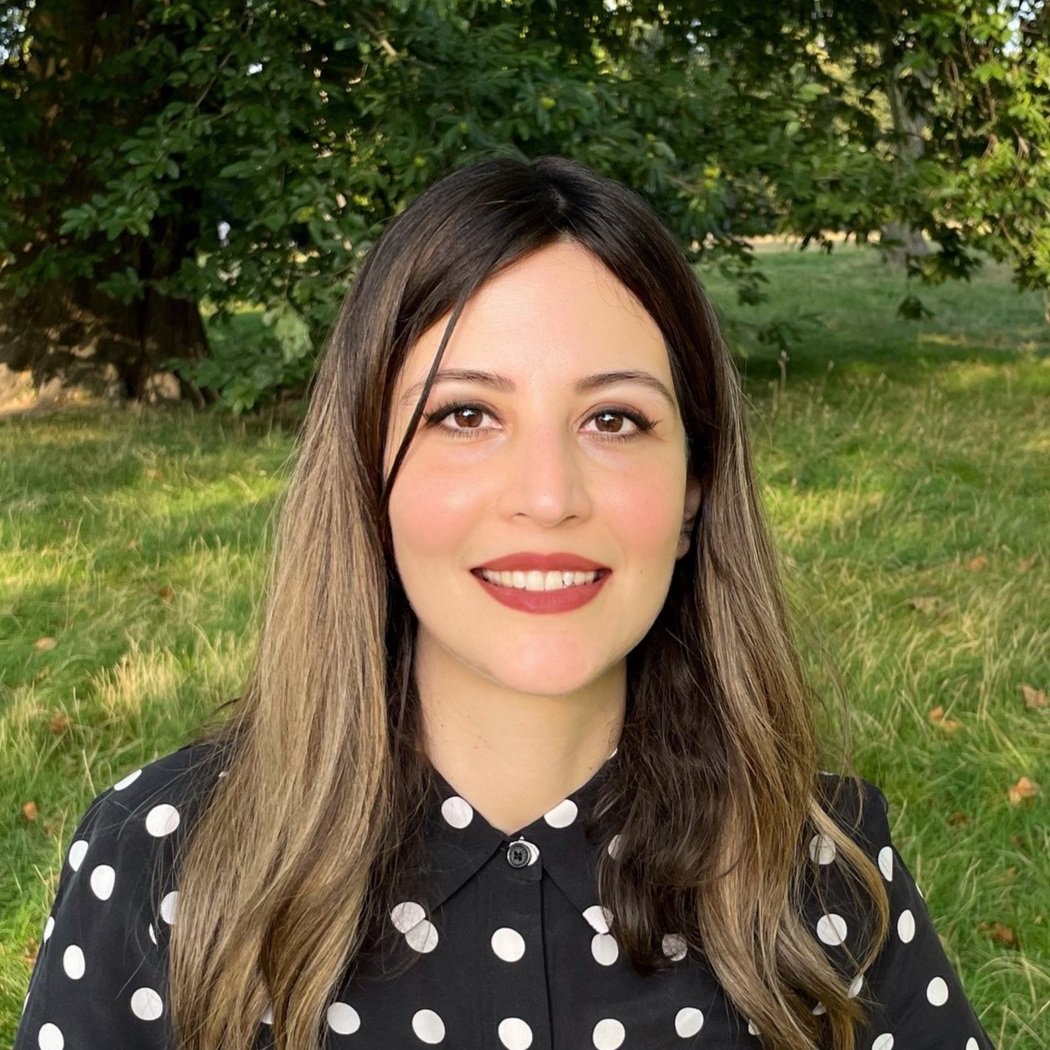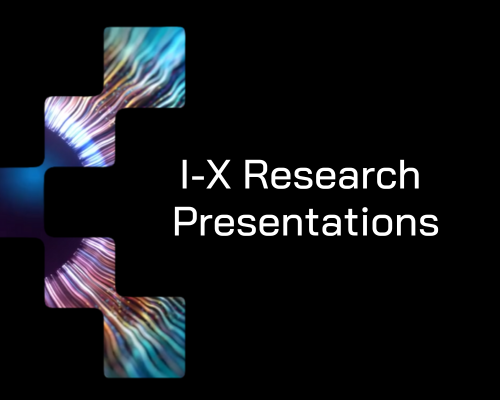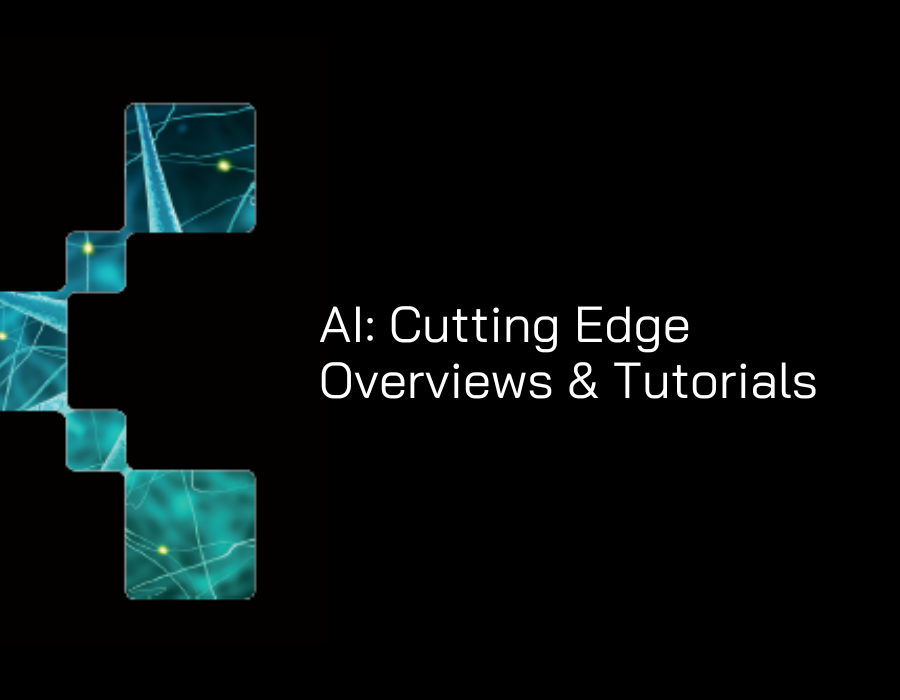Programme
9:00 am – 9:20 am: Registration
9:20 am – 9:30 am: Welcome remarks by Chair of I-X, Prof. Eric Yeatman (Imperial College London)
9:30 am – 10:30 am: Plenary Talk 1
- Speaker: Prof. Max Welling (CuspAI, University of Amsterdam)
- Title: Machine Learning for Molecules and Materials
10:30 am – 11:00 am: Coffee break
11:00 am – 12:00 pm: Flash Talks Session
12:00 pm – 1:00 pm: Lunch and poster session
1:00 pm – 2:00 pm: Plenary Talk 2
- Speaker: Prof. Francesca Toni (Imperial College London)
- Topic: Interactive Explanations for Contestabile AI
2:00 pm – 2:30 pm: Coffee break
2:30 pm – 3:30 pm: Plenary Talk 3
- Speaker: Dr Atoosa Kasirzadeh (Carnegie Mellon University)
- Title: Architecting normative infrastructure for pluralistic AI value alignment
3:30 pm – 4:00 pm: Coffee break
4:00 pm – 5:00 pm: Plenary Talk 4
- Speaker: Prof. Alejandro Frangi (University of Manchester)
- Topic: The Future of Healthcare: Unveiling the Potential of AI-enabled In-silico Trials in Medical Innovation
5:00 pm – 5:15 pm: Closing remarks and Flash Talk & Research Poster Prize Announcement by Director of I-X Centre for AI in Science by Prof. Nick Jones (Imperial College London)
